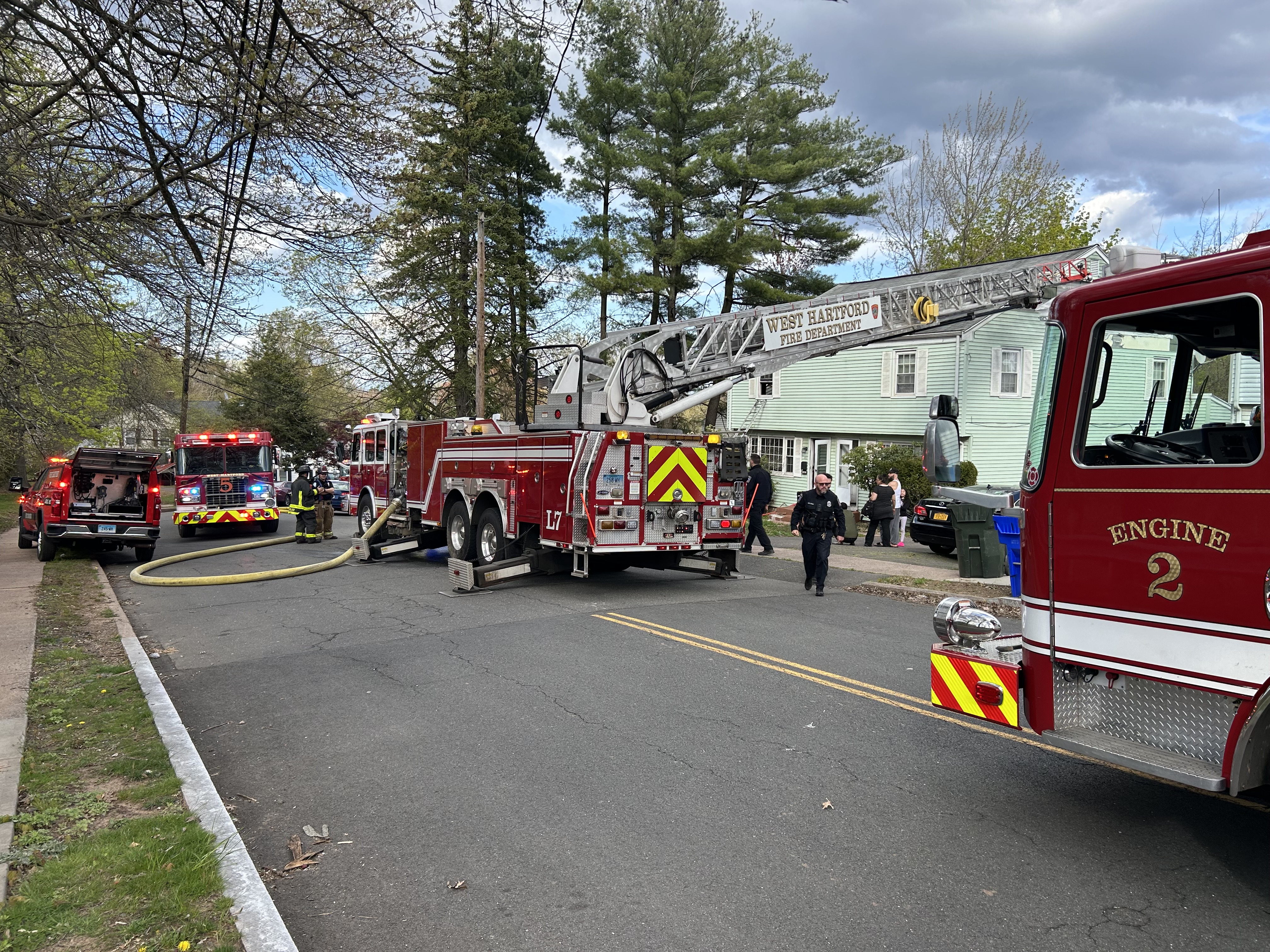On Wednesday, the federal Department of Homeland Security’s “Secure Communities” program begins statewide in Connecticut and some state officials have concerns about it.
“Secure Communities” calls for state and local law enforcement agencies automatically share fingerprints with the U.S. Department of Homeland Security so Immigration and Customs Enforcement can check information against DHS immigration databases.
“What this program does is it essentially converts local law enforcement officers into defacto agents of the Immigration and Customs Enforcement Agency,” Mike Lawlor, Under Secretary for Criminal Justice Policy and Planning, said in a statement.
A report from U.S. Department of Homeland Security said the goal of the program is to strengthen the federal government’s ability to target criminals and ensure that resources are not focused on "low-priorities," such as deporting young people who were brought to this country as young children.
Lawlor said Gov. Dannel Malloy shared the concerns that many police chiefs have that the policy could lead to a situation in which victims and witnesses in an immigrant community would be reluctant to cooperate with local and state law enforcement.
In response, Malloy has asked Leo Arnone, the Department of Corrections Commissioner, to review how the program is implemented, what the ramifications are and see if corrective action is needed going forward.
“Decisions on how to respond to each request will be made on a case-by-case basis,” Lawlor said. “As the report itself says: ‘DHS must ensure its immigration enforcement resources are focused on the removal of those who constitute our highest priorities, specifically individuals who pose a threat to public safety such as criminal aliens and national security threats, as well as repeat immigration law violators and recent border entrants. In fact, the expenditure of resources on cases that fall outside our enforcement priorities hinders our public safety mission by clogging immigration court dockets and diverting resources . . . .’”
Local
The program begins just a week after the federal government settled with 11 men who were arrested in a series of ICE raids in 2007 in New Haven. Legal aides for the men said the raids were done without warrants or consent, and were illegal.
Federal authorities said Monday that the program is meant to take dangerous people off the streets.
"Secure communities promotes the agency's top enforcement priority of finding and removing those who are unlawfully present or otherwise removable and have criminal convictions by relying on an already-existing federal information-sharing program," said Ross Feinstein, of Immigration and Customs Enforcement.
New Haven Mayor John DeStefano called on ICE to delay implementing the program.
"The same thing that they said to us in June of 2007, when we had the raids, was exactly that class of the worst of the worst. Of those that were picked up, they had one common characteristic: they were brown," DeStefano said.



